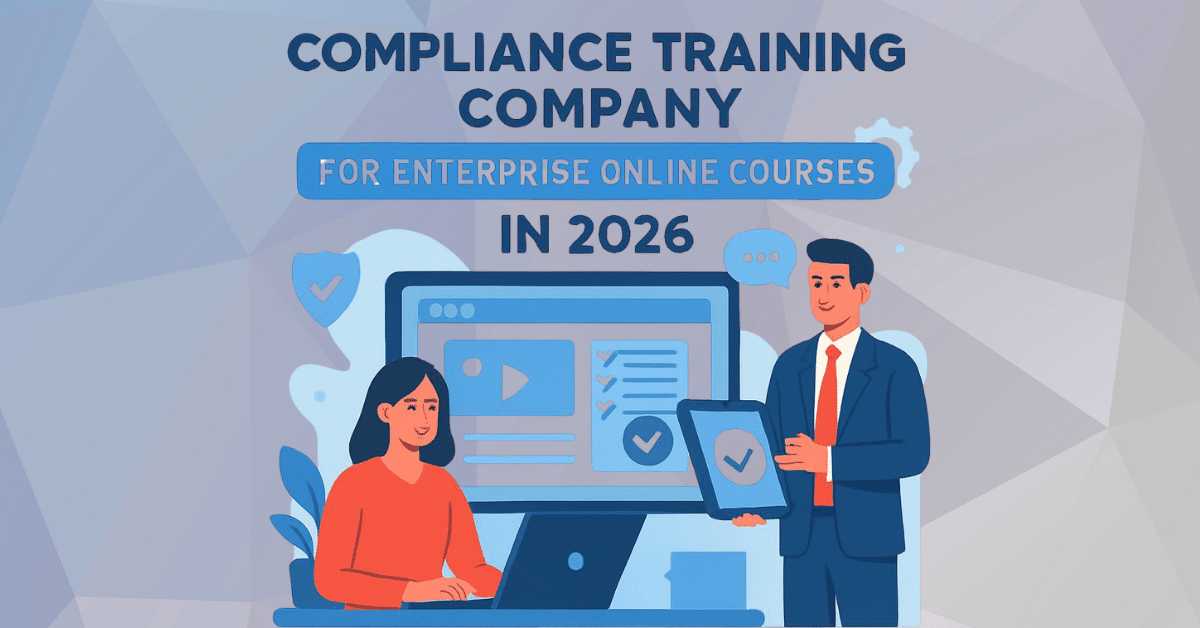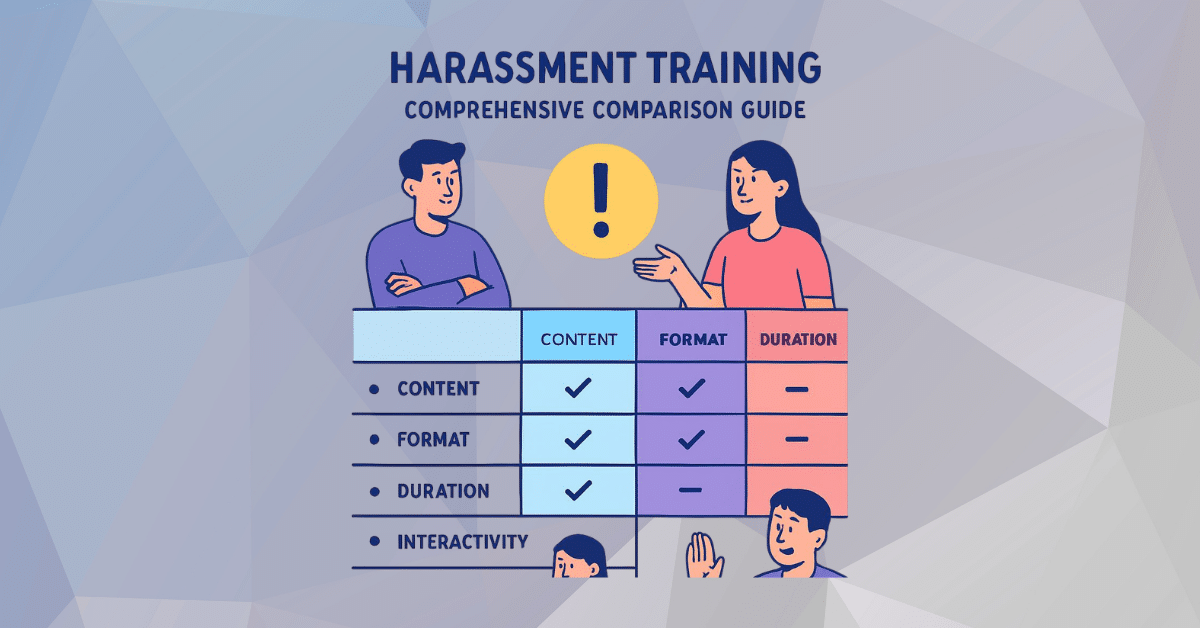Organizational Culture Survey Questions: Your Guide to Improving Employee Engagement
According to a Forbes article by Larry Alton, corporate culture is becoming increasingly important in the continually evolving workplace. He continues to say that millennials – (being the generation driving workplace changes of the near future) – desire an innovative company culture. So if you want to attract bright young millennial minds with the latest in-demand skills, a strong and healthy company culture is essential.
We frequently hear the words “company culture,” – but what exactly does it mean, and why is it so important for the success of your organization?
Company culture refers to the personality of the organization. It defines who your organization is and what it stands for, displayed through the attitudes and values of its employees and leaders.
Here are a few reasons why organizational culture is important:
- Organizational culture transforms your company into a team.
- A strong culture will lead to loyal employees, ensuring the retention of your best workers.
- A healthy workplace culture attracts new talent!
- Company culture defines your company’s internal and external identity.
We now know what company culture is and why it’s vital for a productive and healthy work environment. So, what can you do to ensure your business has a positive culture?
Save Thousands Of Dollars With Coggno Prime Subscription
6 Tips to improve your company culture:
1. Embrace transparency.
Share the company’s successes and challenges with your team and keep them updated with what’s happening in the company. If your employees feel they’re included in everyday company events, it will motivate them and build trust.
2. Communicate effectively with your employees.
Encouraging open communication across the entire organization will positively impact employee-employer relationships and help diffuse conflict in the workplace.
Culture Of Early Reporting Course
3. Promote a team atmosphere.
Think of your employees as integral members of your team. People working towards goals in a unified team can make an enormous difference in the company’s productivity.
4. Recognize and reward valuable contributions.
Identify behaviors and results aligned with your company’s values and goals and recognize and reward those behaviors as often as you can.
5. Practice flexibility.
Flexibility has become an increased need within the workplace – especially after the COVID-19 crisis. Workplace flexibility could mean many things – from an employee taking a much-needed sabbatical to work-from-home opportunities. Show your staff that you understand and are willing to accommodate their evolving scheduling needs wherever possible.
Must Read: Employee Engagement Activities And Programs That Work
6. Obtain feedback from your employees by conducting a workplace culture survey.
One of the most effective ways to measure employee perception is a workplace or company culture survey. It measures how employees feel about working in an organization and includes their feelings, attitudes, and opinions about their jobs and different aspects of the company. An added benefit is that employees feel their say counts and that their input is valued.
Although most companies conduct a company culture survey annually, it’s recommended to run it twice a year to keep up to date with the rapidly changing workplace. Building on your employees’ feedback is an efficient and effective way to ensure better employee satisfaction and engagement, leading to a more productive work environment.
Five Strategies For Creating A Diverse Company Culture (Course)
A few important points to keep in mind when creating your company culture survey are:
- Anonymity is key – this ensures that employees give honest responses as they won’t be afraid their answers will affect their reputation in the workplace.
- Keep it short – a short and concise company culture survey will boost response rates.
- Act on the results – Once you’ve received all the information, set deadlines to implement the necessary changes to make your culture more effective and employee-friendly.
The next important step is to determine what culture survey questions to include in your workplace culture survey. Most organizations use the Likert Scale for their organizational culture assessment questions – (these are questions rated on a scale of one to five with one being strongly disagree, three being neutral, and five strongly agree). This method is popular because respondents can complete the questionnaire in a short amount of time. You can, however, consider including a few open-ended questions for more detailed answers.
Here are some examples of Likert-scale employee survey questions about culture you can include in your survey:
- You can communicate freely.
- You have flexible working hours.
- You are a part of decision-making.
- You understand your level of responsibility.
- You are offered an opportunity to grow.
- You have an ideal relationship with your supervisor.
- You can ideally balance work and personal life.
Examples of open-ended questions for your organizational culture survey questions
- How important is feedback to you?
- Do you feel you can trust the management? If not, why?
- Do you like the atmosphere at your organization? Why?
- Do you feel you’re being listened to?
- What would make your organization a better workplace?
- Are your accomplishments recognized?
You can find a cultural index survey sample here.
Maximize Training, Minimize Costs With Coggno Prime
Conclusion
Conducting a workplace culture survey is a sure way to identify your company culture and highlight issues in the workplace. It allows you to act – if necessary – to make your organization’s culture more positive, effective, and employee-friendly, leading to satisfied employees and increased production.
Coggno has a wide range of online training courses on company culture.
You can have a look at our free courses here and our course catalog here.

















